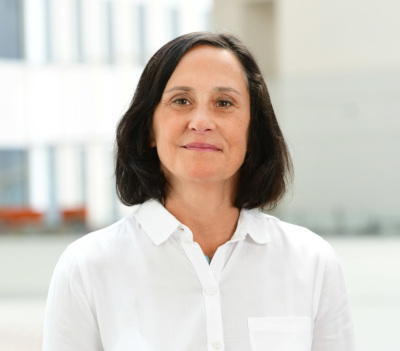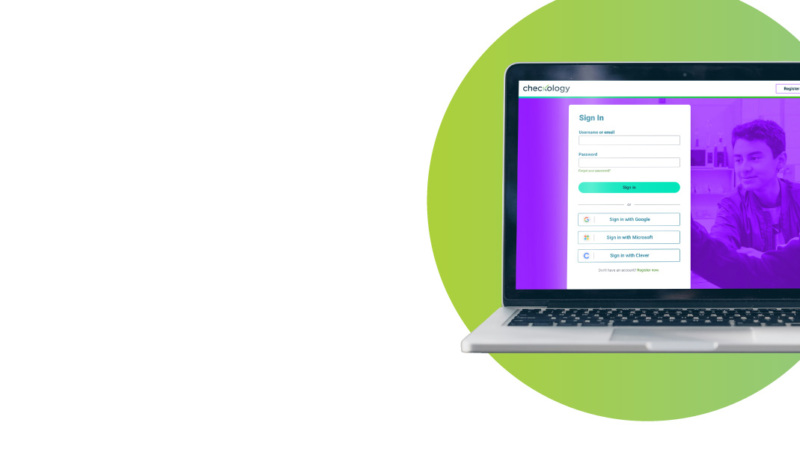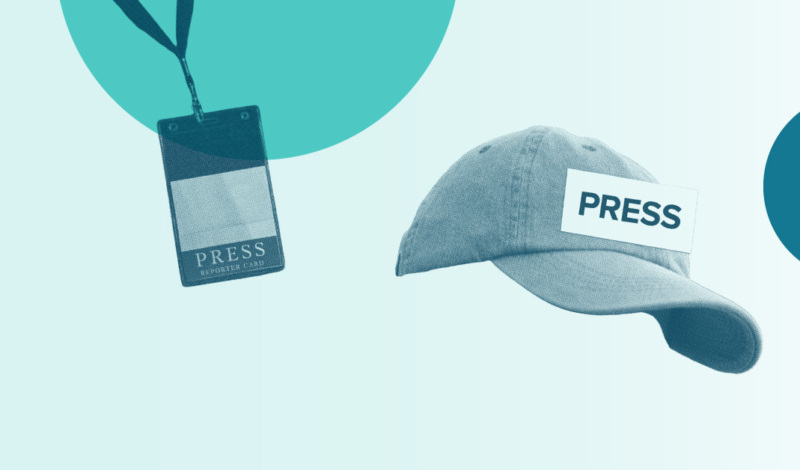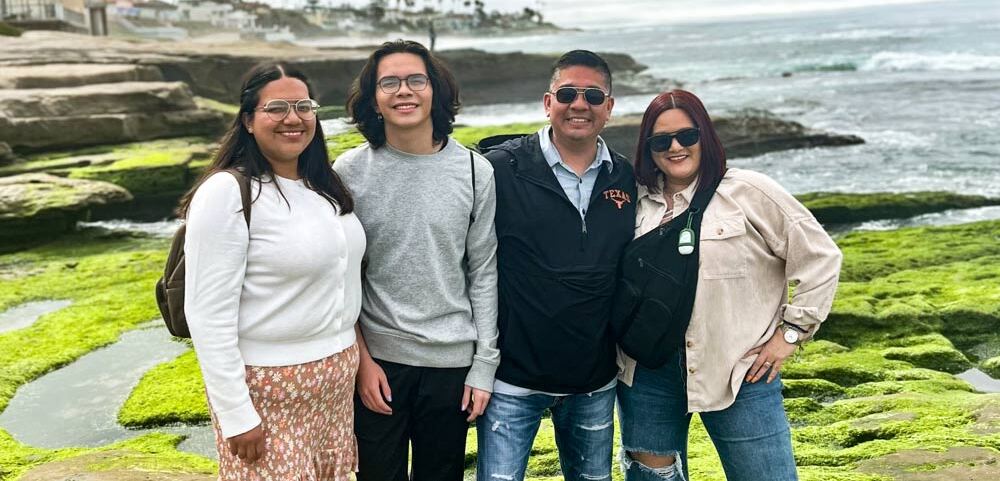
Ambassador Connections: Meet Juan Alvarado
Learn what motivates Texas ambassador Juan Alvarado to embed news literacy in his teaching. Ambassador Connections is a series highlighting NewsLitNation Ambassadors.
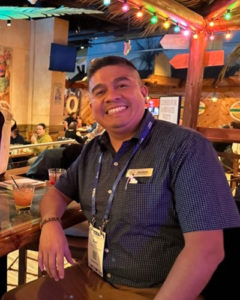

The one event that triggered or motivated me to find a better way to teach news literacy occurred during the late months of 2020. As a high school teacher, it was common to hear my students talk to one another regarding common topics like the presidential election and other social media trends. However, they only discussed vague ideas and very often they misstated facts and quoted sources that were very questionable. It was at this point that I committed myself to educate my students, so that they could become better digital citizens. Thankfully, I discovered Newslit.org as the source to help me teach news literacy.
2. What is your favorite tool or tip for teaching news literacy that you can share with the community?
The best tip I can give other educators and our community is to never draw conclusions based on hearsay. With the waning number of credible news outlets, it is much more imperative to fact-check or compare a story by using a variety of sources. However, I strongly believe that a healthy level of skepticism is needed to keep our media and press in check, while at the same time allowing them to do their job. No single news outlet should be trusted blindly. Nonetheless, many news outlets do a good job of reporting candidly and without bias, making them credible sources.
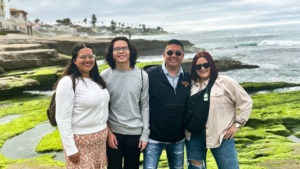

For almost two years, our students were forced to learn in very different settings and unique ways. Most teachers have adapted to the changes, but getting back to the same teaching trends prior to the COVID pandemic has been a challenge. This was and has been especially true with my emergent bilingual students because they lost access to the one place where they could comfortably speak, read and write in the language they struggled with the most. Many of my students live across the border and connectivity was and still is a major concern. However, our school works hard to provide students with the tools they need. To help my students get the practice and to teach them more efficiently, I sought various digital learning platforms and programs, and among them was News Literacy. When I connected with them, I made sure to call on every student to engage with me, even if it was for just a brief moment. Since participation and engagement are the norms in my class, students know that they need to be ready to participate. Distance learning reaffirmed what I strongly believed: empathy and student accountability can be practiced at the same time if a good balance exists between them.
The one go-to de-stressor I have discovered is the ability to enjoy nature and spend as much time doing chores or tasks that involved being outdoors. I neither consider myself an avid hiker nor a gardener, but I do enjoy spending time walking along nature trails as well as tending to my garden.
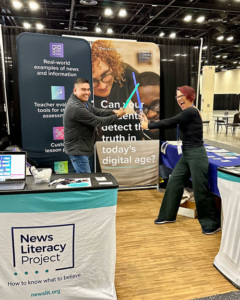

I feel that being a News Literacy ambassador has allowed me to share a very good resource that many educators and community members can use. It is not easy to live in an area that very often gets a bad reputation for being less informed or misinformed, but that is why being an ambassador has gone a long way in gaining my community’s trust. It is my goal to get not only my school but also neighboring districts to see Newslit.org as their go-to source for news literacy.
5. What lesson, topic or activity are you most excited to bring to your classroom, and why?
I think I partially answered this question already, but the topic I feel very strongly about is how racist news coverage has left a very negative legacy. News bias has been around for a long time, but many of us are just realizing that it is an issue that has become very difficult to get rid of. I am excited to teach these units [Understanding Bias and Harm & Distrust] to my students.
NLP Note: If you would like to see these and other Checkology® lessons, please register for a free educator account, if you have not done so already.
6. Aside from fighting for facts, what else are you passionate about?
I am a passionate believer in inclusivity in my classroom. My classroom is a safe zone and my students have come to expect that. For example, my students know that they are free to discuss topics in an open and respectful way. They know that literature can sometimes spark controversial yet relevant discussions, and as long as students treat each other with respect they are welcome to participate. In fact, almost every year, during our school’s teacher appreciation week festivities, I receive at least one or two letters thanking me for being an inclusive and fair teacher.
7. Are you on team dog, team cat, team wombat?
My son and daughter’s love of animals has made me a proud owner of four mixed-breed dogs. They are a handful at times, but I enjoy taking care of them.
